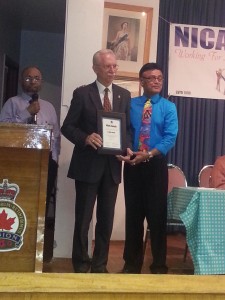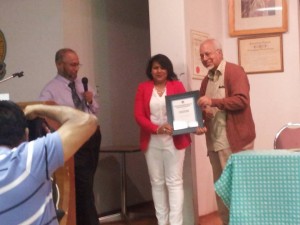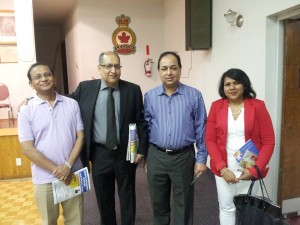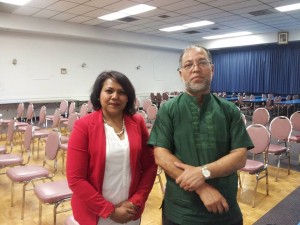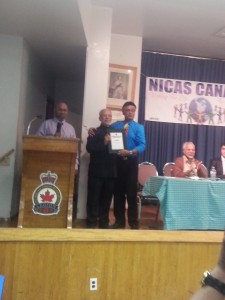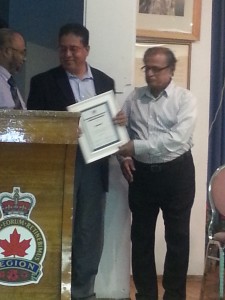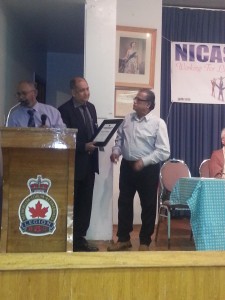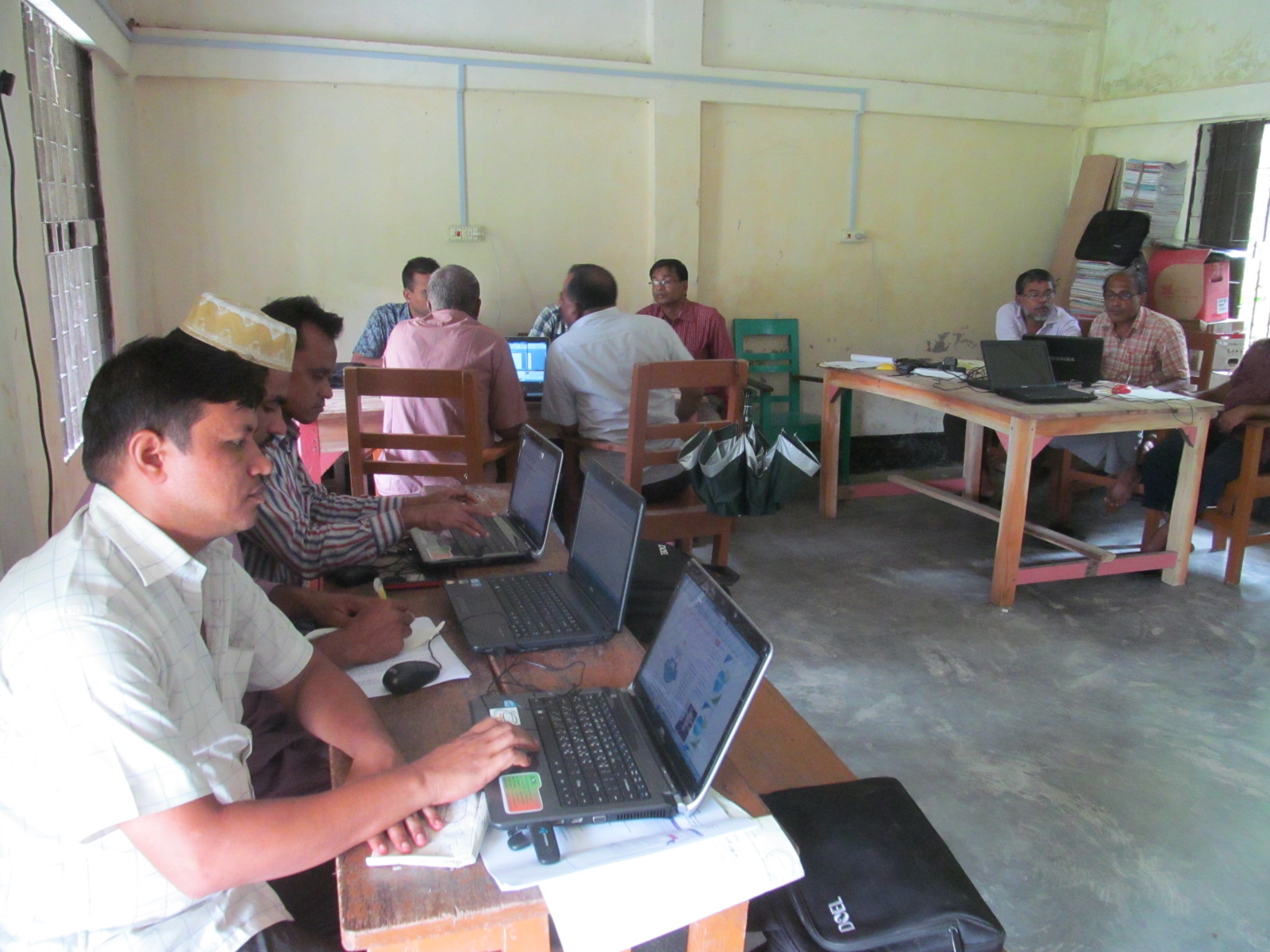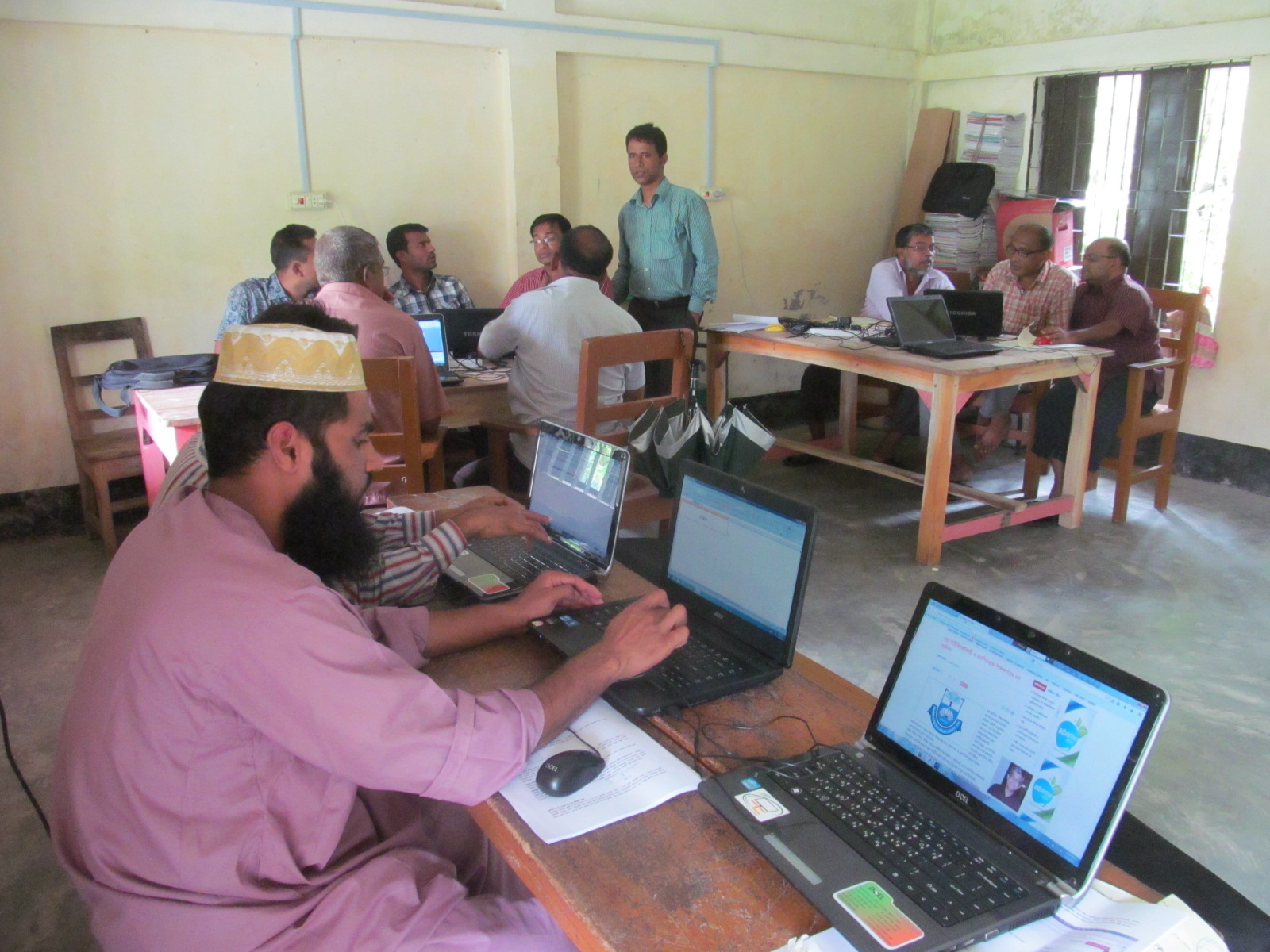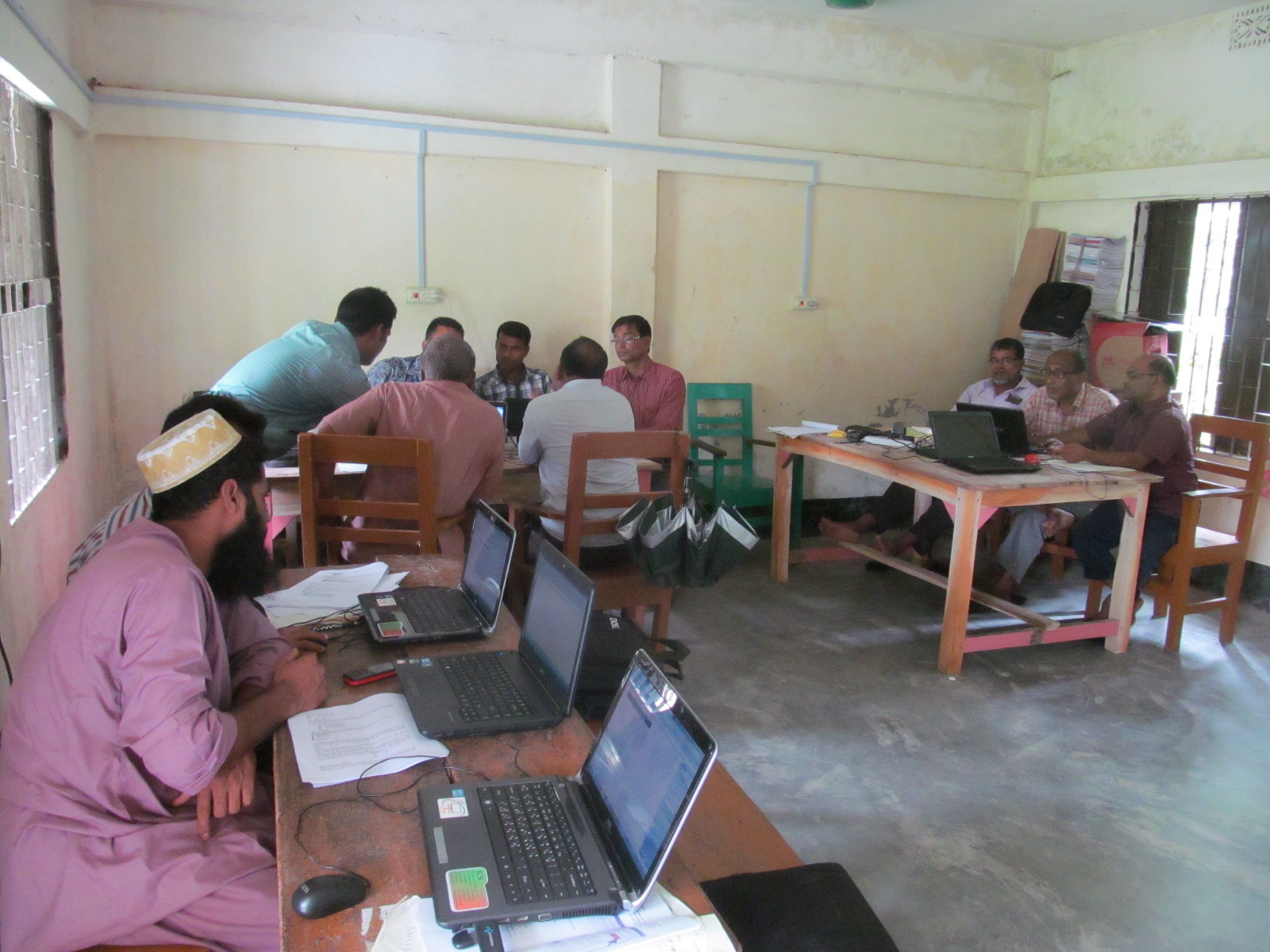Pamelia Khaled
Children learn in their early days how to express themselves, read clearly, speak articulately and using pitch and tone in their class presentation and speech in any event. Children at elementary stage also express themselves through writing skills such as creative writing practice, listening to and counting numbers. In Bangladesh, in educational institutions, ‘a culture of peace’ component has not yet been included in the child-centered curriculum.

Promoting education on peace in the classroom has become important in these strife-ridden times in the globe.
Hundreds of Palestinians in the Sabra and Shatila refugee camps were killed in 1982. Till date, 700 Palestinians died in Gaza, majority of them being children. It is assumed that Netanyahu and his military officials targeted killing of children. The idea is not only barbaric, but also largely unethical. Holocaust took lives of six million Jews; they had to die in gas chambers in implementation of Adolf Hitler’s Aryan blood theory. Similarly Saddam Hossain killed innocent Kurds in Iraq using chemical weapons. It was not a long ago how two atomic bombs were dropped on the innocent Japanese by America. We, Bangladeshis, did not forget how in 1971 General Yahya Khan and his military killed three million innocent people in the country.
Looking at the history, our new generation feel puzzled how they will respond to their enemies who raped and killed their sisters, mothers, brothers, fathers and close family members and relatives brutally. Because they are not well prepared as there is no compassionate curricula that could teach learners how to deal with conflict issues and maintain peace and democracy even in periods of distress.
Education is the means to build a multicultural nation and bring heterogeneous population closely together. A number of war-afflicted countries across the world are now stuck up in violence and conflicts. It is important to identify what educational curriculum should do to develop a culture of peace, tolerance and solidarity in a multicultural classroom as well as enhancing democracy in a war-ravaged country.

There were a few incidents of rampage on Hindus, Christians, Biharis and members of ethnic community in Chittagong Hill Tracts this year. This is very alarming for social peace in Bangladesh.
The Education International noted in an article titled ‘Peace Education’: “A culture of peace and non-violence goes to the substance of fundamental human rights: social justice, democracy, literacy, respect and dignity for all, international solidarity, respect for workers’ rights and core labour standards, children rights, equality between men and women, cultural identity and diversity, Indigenous peoples and minorities rights, the preservation of the natural environment to name some of the more obvious thematic.”
In terms of race, religion and culture, divisions among populations of the Indian subcontinent are not a new phenomenon. The splitting-up process was started by the British and implemented through a ‘divide and rule Bengal’ policy and giving birth to two countries based on religious majority such as Pakistan and India. Language, culture, religion and ethnicity have crucial impact on the people of the countries of this region including Bangladesh.
Peace education should be an important component of a curriculum for a multicultural society like Bangladesh as we all want to see a nation which can understand well and appreciate the heterogeneous nature of Bangladeshi culture. Children need to learn new techniques how to avoid religious, cultural and sociology-political conflicts.

The society is now ridden with social and political pressures, divisions and conflicts. Conflict issues have impact on the population as those stand against the non-conformists and increase negative social environment and different concepts to achieve each group’s objectives.
Conflict resolution is only possible when individual, family, society and states join together and involve themselves in finding a particular approach through their positive attitudes. Thus, it is important to educate a child/youth about the notion of ‘a culture of peace’ through the school curriculum. There is no other alternative to reduce disequilibrium and conflict in the current social system and its culture, religion and politics without nurturing peace education.
Sympathy, kindness, social justice and peace-building steps must be included in the whole curriculum. A culture of peace can be brought into being through educational institutions. Social values and norms must be taught both at home and in schools so that a child can move without any worry.
In a larger sense, a culture of peace could be an important part of holistic education which is nothing but an active curriculum under which students can learn how to foster peace, values and rights from home, family, classroom, community and their social world experiences. Thus, inclusion of a culture of peace in educational curriculum for a multicultural country like Bangladesh is necessary.
The writer is a Doctoral candidate of the Ontario Institute of Studies in Education,
University of Toronto,
Canada.
pamelia07@hotmail.com









